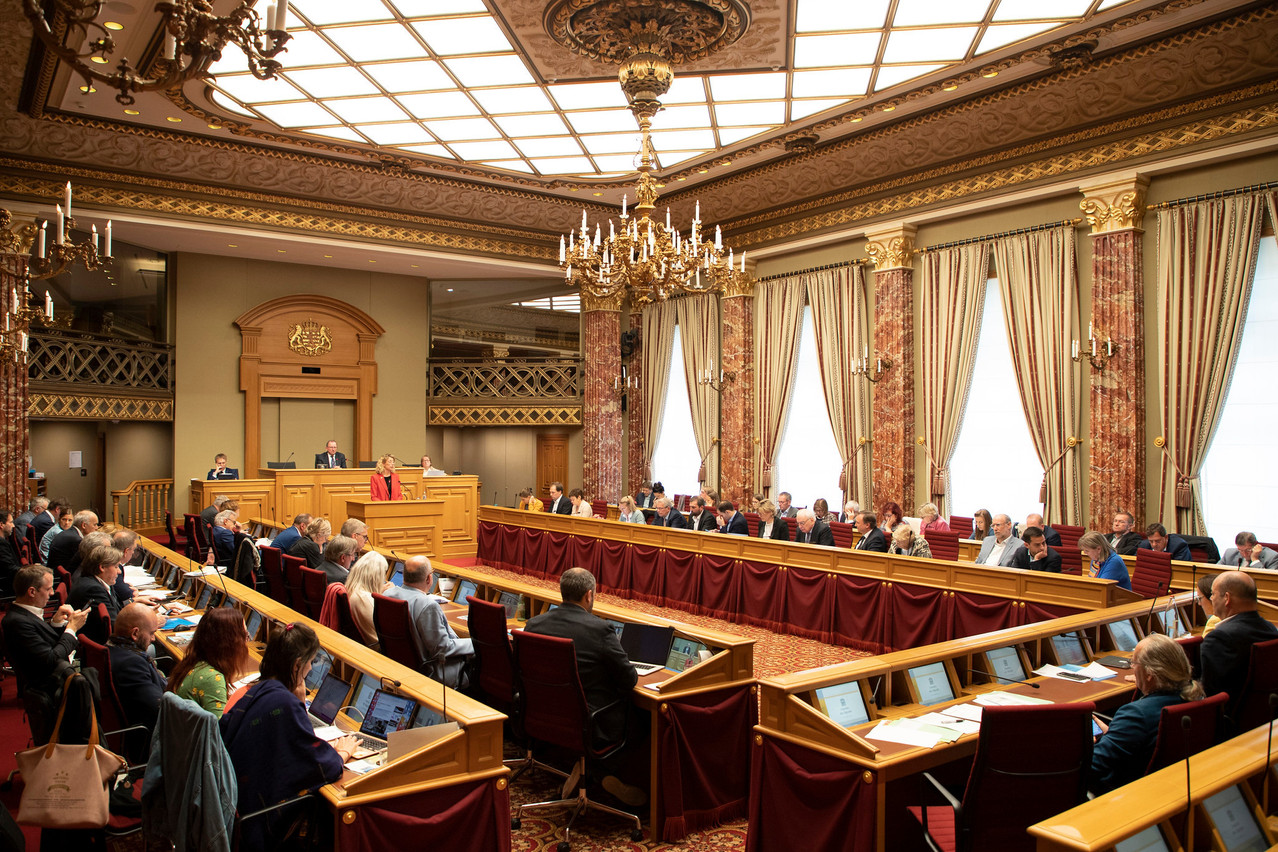The tripartite agreement signed on 28 September 2022 between the government and social partners included various measures to deal with inflation, including a 15% cap on gas price increases. With the adoption of the bill 8088 on Wednesday 23 November in the Chamber of Deputies, the MPs gave their green light to this measure.
Together with the freezing of electricity prices and the lowering of certain VAT rates, the gas price cap has a dual objective: to strengthen the purchasing power of households and to curb inflation, at a time when energy prices, and in particular those of gas, have risen exceptionally following Russia's invasion of the Ukraine.
In practice, the measure consists of limiting the increase in the price of natural gas to +15% compared to the average price level of September 2022. And although the law was adopted two months after the agreement, its entry into force is retroactive to 1 October 2022 and will apply until the end of 2023. During this period, the State, by reimbursing the supplier, will pay the difference between the posted price (the supply price of the offer subscribed by the end customer) and the capped price, excluding network usage charges and applicable taxes.
Households and small businesses concerned
All households are affected by the measure, which is aimed at customers with meters with a maximum hourly flow of less than 65 cubic metres. As it is not possible to distinguish between meters, the smallest companies also benefit from this measure. However, large companies with high gas consumption are effectively excluded. "It is the volume of gas that is decisive and not the status of the customer,” explains the rapporteur of the law, deputy Josée Lorsché (déi Gréng).
In budgetary terms, the State has planned to make available a global--and maximum--envelope of €390m, including €78m for the year 2022 (from 1 October) and €312m for the year 2023.
In addition, the law provides for an extension of the state's responsibility for the costs of using the natural gas distribution networks until 31 December 2023. The government had already decided last May to reduce the costs of using the gas network to zero in order to reduce household bills until the end of 2022. This measure has been extended for a further year. The budget was €35m for the year 2022. It will be €80m for the year 2023.
Adaptation of the business aid scheme
In addition to aid for households, aid for businesses was also on the agenda of the Chamber on Wednesday. The deputies also adopted the bill 8075, which allows the adaptation of the law of 15 July 2022, a transposition of the tripartite agreement of March.
This law provided for two aid schemes for companies: one for very energy-intensive companies, covering part of their monthly extra costs due to the price hike; a second for sectors that are heavily dependent on diesel--mainly transport and deliveries.
For the first scheme, the reference period for determining the energy intensity of companies will no longer be the year 2021, but the month of application. For the second scheme, the ceiling for the total amount of aid to companies, covering part of the extra costs of diesel used as road fuel, is raised from €400,000 to €500,000. And for both aids, the eligibility period is extended.
Additional aid
In addition, a new energy aid has been added for companies whose energy costs represent at least 2% of turnover for the month for which an application has been made. From an 80% increase in electricity or gas prices compared to 2021, a subsidy of 70% of the additional costs beyond the 80% increase can be granted.
The present bill does not create any additional impact compared to the budget initially planned for the aid scheme, the economy ministry assured. It therefore amounts to €225m, even if it is "particularly difficult" to estimate the number of beneficiaries and therefore the budgetary impact, according to the ministry. Between 150 and 200 companies should be able to benefit from this scheme, it nevertheless estimated in March.
This story was first published in French on . It has been translated and edited for Delano.
